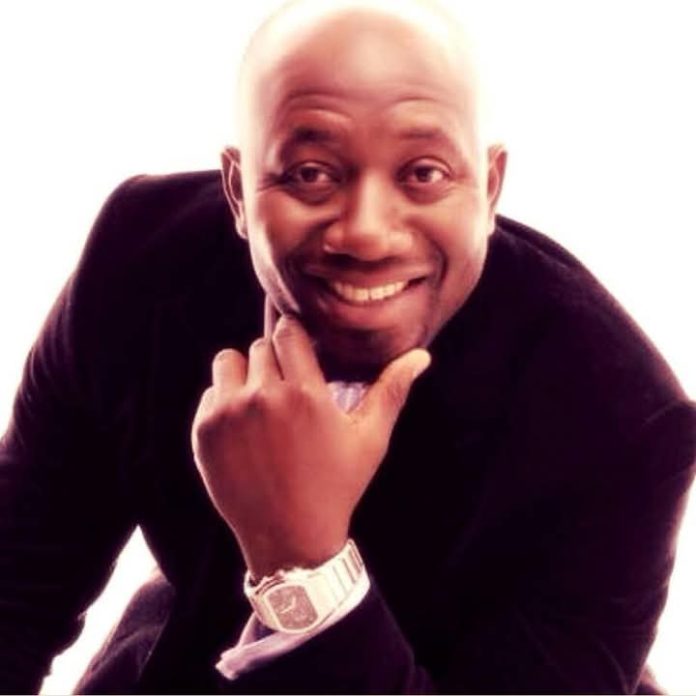“Captain Africa” and the Illusion of Liberation
By Mike Ikem Umealo
Captain Ibrahim Traoré of Burkina Faso, hailed by supporters as “Captain Africa”, has fashioned himself into a fearless crusader against Western imperialism. His rhetoric is thunderous: the West must leave Africa alone and learn to respect the sovereignty of its people and leaders.
Of course, we are all in agreement on that: The West Should respect the sovereignty of African countries.
Yet, behind the strongman image lies a complicated script.
A little observation, if you may, perhaps even an insignificant one. One which many might say, “it doesn’t matter.”
But I find it significant and symbolic, so, I must speak.
When Traoré visits Western capitals, the pistol that adorns his waist during regional summits is nowhere in sight; safely stowed aboard the presidential jet. There, in the courts of global diplomacy, he adopts the protocol and poise of conventional statecraft.
But among his African peers, the gun returns; hoisted visibly as a symbol of authority. In West Africa, where ghaghagha (a forceful show of power) often dictates who commands respect, the image plays well.
Still, a deeper contradiction lies beneath the surface.
Now, the more significant issue.
Despite the anti-West rhetoric, Burkina Faso’s major trade partners under Traoré include Russia, China, Switzerland, France, India, the UAE, and Singapore.
Absent from the list? Nigeria, South Africa, Kenya, and Egypt; the very nations often invoked in his Pan-African rhetoric of unity and self-reliance for the black race.
So the question lingers:
Is “Captain Africa” truly liberating Burkina Faso and Africa from foreign grip, or merely switching costumes on the same stage where foreign powers write the script for him, as they did with his predecessors?
This dilemma reflects a broader tension in Africa’s political imagination. There’s a seductive appeal to the idea of the “benevolent dictator”, of a wise and just leader wielding absolute power for the good of the people. In contrast to messy, inefficient democracies like Nigeria, such a vision can feel refreshing and decisive.
Many Nigerians still consider figures like the dictators General Babangida and General Abacha, who, together, ruled Nigeria for 13 years, in the mid 80s to the late 1990s, as more effective leaders than the politicians we have in office since 1999.
But here’s the truth that history will not let us forget:
The ideal dictator does not exist.
Dictatorships depend entirely on the character of a single individual. And power, as history and psychology both affirm, almost always corrupts. Worse still, authoritarian regimes offer no embedded systems for accountability, no checks for abuse, and no peaceful avenues for transition when things go wrong.
Even flawed democracies offer tools for change: elections, courts, protests, journalism, and civil society. They may be slow and disappointing, but they guarantee something no dictatorship ever does: the people’s right to have a voice.
The proof of failure in Burkina Faso’s current trajectory is not just theoretical, it’s in the numbers.
In 2018, there were an estimated 6,700 Burkinabè nationals living in France and 3,000 in Italy. By 2023, another 3,500 had migrated, legally or otherwis, to Spain, Italy, and Greece. In the first weeks of 2025 alone, 1,700 more used dangerous migration routes to reach Europe.
But they are not migrating to Russia.
Russia does not offer visa-free travel to Burkinabè citizens and will not accept them as even refugees.
Moscow has not opened its borders to African opportunity seekers. What Russia has sent instead is more telling: in mid-2024, its Ministry of Defense deployed the Bear Brigade to Ouagadougou to augment the 300 Russian military personnel, including mercenaries, already stationed there since 2022.
Their task?
To protect the military junta and train Burkina Faso’s Special Forces.
Russia did not send their engineers, doctors, scientists, or investors.
It sent trained killers (some of them convicted criminals) whose “redemption” lies in serving as guns-for-hire in Africa.
So we must ask: what kind of independence is “Captain Africa” talking about?
He seeks to break ties with France, but not to align with the rest of Africa, but instead , he also removed Form ECOWAS membership and formed alliance with the Russian Federation. This is the junta’s idea of freeing Burkina Faso from imperialists.
A new colonialism dressed in camouflage?
A new dependency cloaked in nationalist slogans?
There is a proverb from my Homeland, Nigeria: “May monkey never dash you banana.”
In Igbo it says, “Ebe e si e nyere nwata nri n’aka ekpe, e jiri aka nri gbaa ya ọsọ.” (Where a servant is offered food with the left hand, the right hand of the master may be ready to strike.)
It’s a reminder for us to beware of what looks like a gift, when it may be the start of a trap.
God Bless
Mike Ikem Umealo.

